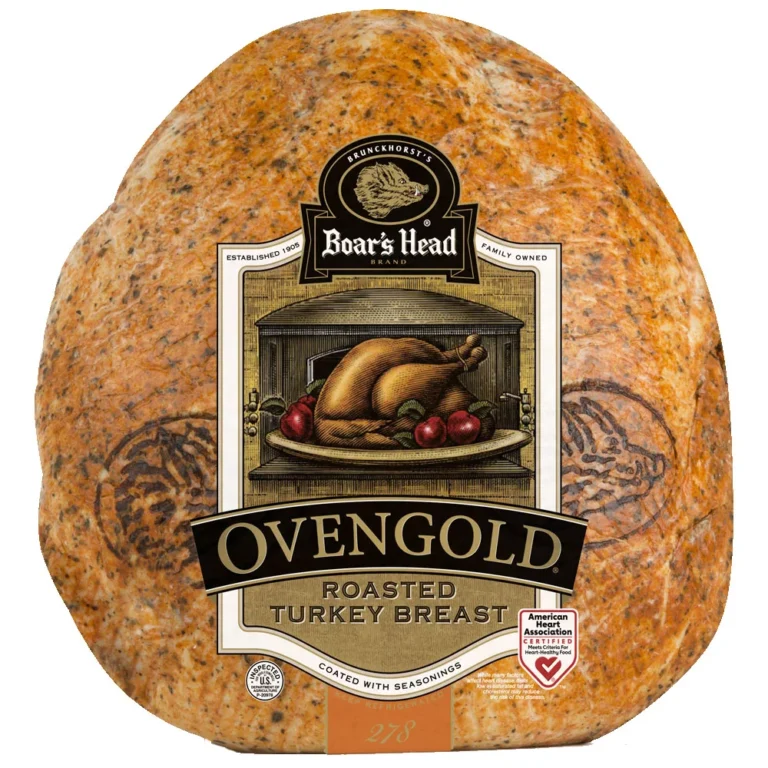The pictures in our articles might not always show exactly what the text is talking about. We use these images to make the article more interesting and eye-catching. They are there to add to the text, but not to replace it or show every detail.
Leeks are often overlooked in the world of cooking, but these versatile and flavorful vegetables have a lot to offer. From their ancient origins to their impressive health benefits, leeks are a fantastic addition to any dish. In this article, we will delve into the fascinating world of leeks and uncover 18 interesting facts about this underrated vegetable. So, grab your chef’s hat and get ready to explore the culinary wonders of leeks!
Unveiling the History and Nutritional Benefits of Leeks
Ancient Origins
Leeks have a rich history that spans over 4,000 years and were highly prized by ancient civilizations such as the Egyptians and Romans. Their long-standing presence in human history is a testament to their enduring popularity and usefulness in cooking.
Member of the Allium Family
Belonging to the same family as onions, garlic, and shallots, leeks are part of the Allium family known for their pungent flavors and health benefits. These leafy green vegetables are packed with essential vitamins and minerals, including vitamins A, C, and K, as well as folate and manganese.
Nutritional Powerhouse
Despite their mild and sweet flavor, leeks are nutritional powerhouses packed with essential nutrients that promote overall well-being. From boosting immunity to supporting healthy digestion, leeks offer a wide range of health benefits.
Exploring the Culinary Uses and Varieties of Leeks
Mild and Sweet Flavor
One of the defining characteristics of leeks is their mild and slightly sweet flavor, which makes them a versatile ingredient in various dishes. Whether raw in salads or cooked in soups, leeks add a unique depth of flavor to any recipe.
Popular Ingredient in Soups
Leeks are a common ingredient in many soups, offering a distinctive taste and aroma that enhances the overall flavor of the dish. Their subtle sweetness and earthy notes make them a popular choice for hearty and comforting soups.
Different Varieties
There are several varieties of leeks, each with its own unique characteristics and flavors. From the American Flag to King Richard and Blue Solaise, exploring different varieties of leeks can add variety and excitement to your culinary creations.
Versatile in Cooking
Leeks can be enjoyed in a variety of ways, from raw in salads to sautéed as a side dish or used as a flavorful base for sauces and stir-fries. Their versatility in cooking makes them a go-to ingredient for chefs and home cooks alike.
Embracing the Sustainability and Cultural Significance of Leeks
Sustainable Crop
Leeks are an environmentally friendly crop that requires minimal pesticides and water to grow. Their low environmental impact makes them a sustainable choice for conscientious consumers looking to reduce their carbon footprint.
Symbol of Wales
The leek is the national emblem of Wales, symbolizing their patron saint, Saint David. This symbolic representation highlights the cultural significance and historical importance of leeks in Welsh tradition.
Rich Cultural History
Leeks have played a significant role in various cuisines and cultures throughout history, from ancient Egypt to medieval Europe. Their enduring presence in culinary traditions speaks to their lasting popularity and versatility in cooking.
Nourishing the Body with Leeks’ Health Benefits
High in Fiber
Leeks are an excellent source of dietary fiber, which promotes healthy digestion and helps regulate blood sugar levels. Adding leeks to your diet can improve gut health and support overall well-being.
Heralded for their Healing Properties
Used in traditional medicine for their diuretic, anti-inflammatory, and antimicrobial properties, leeks have long been prized for their healing benefits. Incorporating leeks into your diet can boost immunity and promote overall health.
Excellent Source of Antioxidants
Leeks contain powerful antioxidants such as polyphenols and flavonoids, which protect the body against oxidative stress and inflammation. Consuming leeks regularly can help reduce the risk of chronic diseases and support cellular health.
Enjoying the Culinary Delights of Leeks
Seasonal Availability
Leeks are typically in season during the fall and winter months, making them a popular choice for warm and comforting dishes. Their seasonal availability adds variety and freshness to seasonal recipes.
Long Storage Life
Leeks have a long shelf life and can be stored for up to two weeks in the refrigerator. Proper storage and handling can extend the freshness of leeks, allowing you to enjoy them for an extended period.
Easy to Grow
Leeks are relatively easy to grow in home gardens and require minimal care and attention. Their low maintenance nature makes them an ideal vegetable for beginner gardeners or urban dwellers with limited space.
Used in Gourmet Cuisine
Chefs around the world use leeks in high-end dishes for their delicate flavor and aesthetic appeal. From fine dining establishments to home kitchens, leeks add a touch of sophistication and elegance to any meal.
Embracing the Versatility and Deliciousness of Leeks
In conclusion, leeks are a versatile and nutritious vegetable that deserves a spotlight in the culinary world. With their unique flavor profile, impressive health benefits, and culinary versatility, leeks are a fantastic addition to any dish. Whether you enjoy them in soups, stir-fries, or as a side dish, leeks offer a delicious and savory twist to your meals.
With their rich source of vitamins, minerals, and antioxidants, leeks provide numerous health benefits that support overall well-being. From improved digestion to enhanced immunity, incorporating leeks into your diet can be a simple and delicious way to boost your nutrient intake.
So, next time you're at the grocery store, be sure to pick up some leeks and experiment with incorporating them into your favorite recipes. Your taste buds and your body will thank you for adding this humble yet underrated vegetable to your meal rotation.
Frequently Asked Questions About Leeks
Q: How do I select and store leeks?
A: When selecting leeks, choose ones with firm, crisp stalks and bright green leaves. To store leeks, wrap them in a damp paper towel and place them in a plastic bag in the refrigerator for up to a week.
Q: Can I eat the green parts of leeks?
A: Yes, the green parts of leeks are edible and can be used in stocks or cooked down for added flavor.
Q: How should I clean leeks?
A: Trim off the root end and tough dark green tops, then cut the leek lengthwise and rinse under cold water, separating the layers and removing any debris before use.
Q: Can I substitute leeks for onions?
A: Yes, leeks can be used as a substitute for onions in many recipes, offering a milder and sweeter flavor profile.
Q: Are leeks a good source of nutrients?
A: Leeks are packed with essential vitamins, minerals, fiber, and antioxidants, making them a nutritious addition to a healthy diet.
Explore the World of Leeks and Enhance Your Culinary Creations
Leeks are a delightful vegetable that offers a wide range of flavors, health benefits, and culinary possibilities. By incorporating leeks into your diet, you can enjoy a delicious and nutritious addition to your meals. From soups to salads, stir-fries to side dishes, leeks can elevate the taste and nutritional value of your favorite recipes. So, don't hesitate to explore the world of leeks and unleash your culinary creativity with this versatile and flavorful vegetable.






